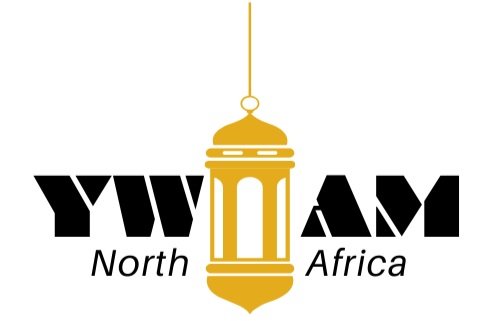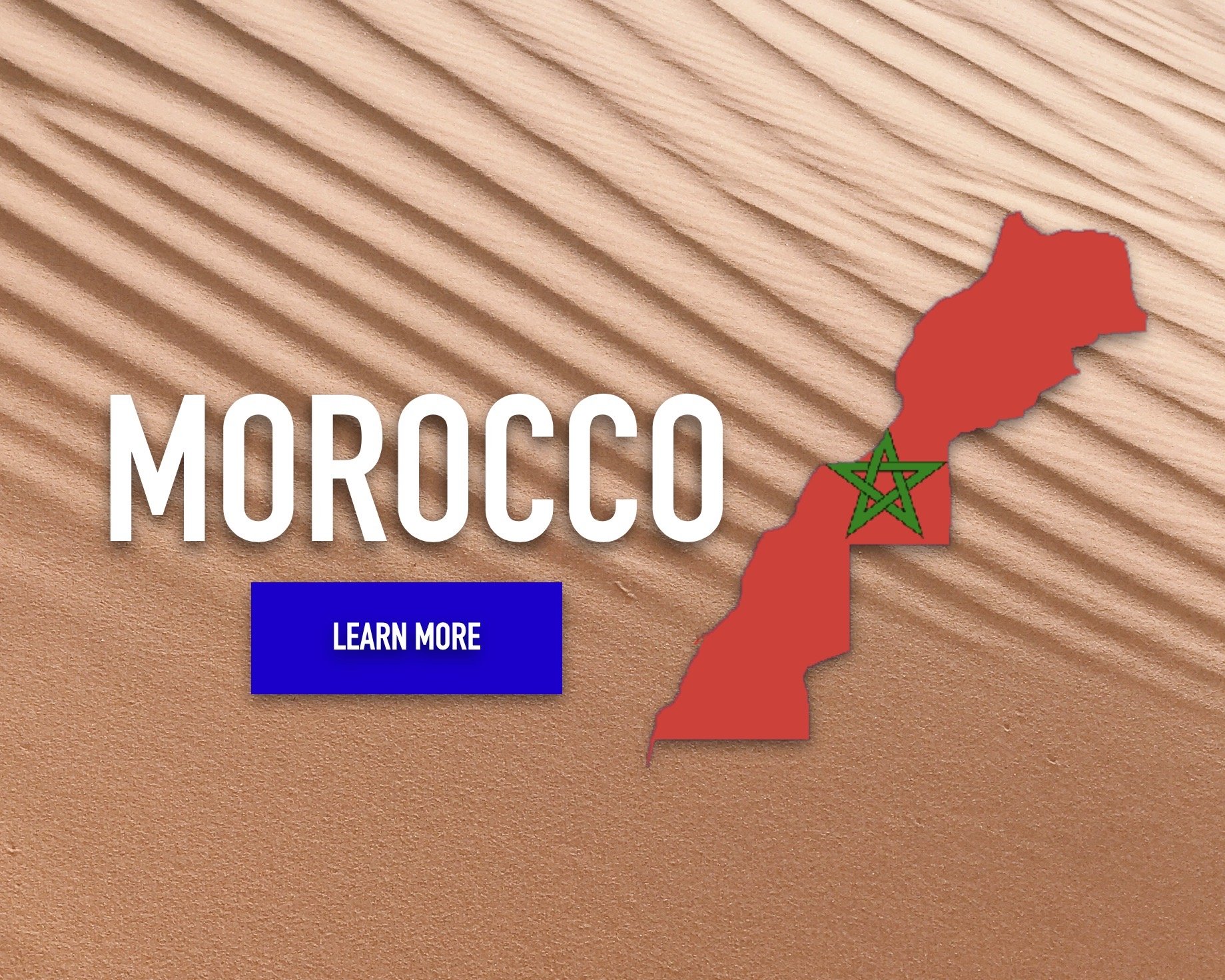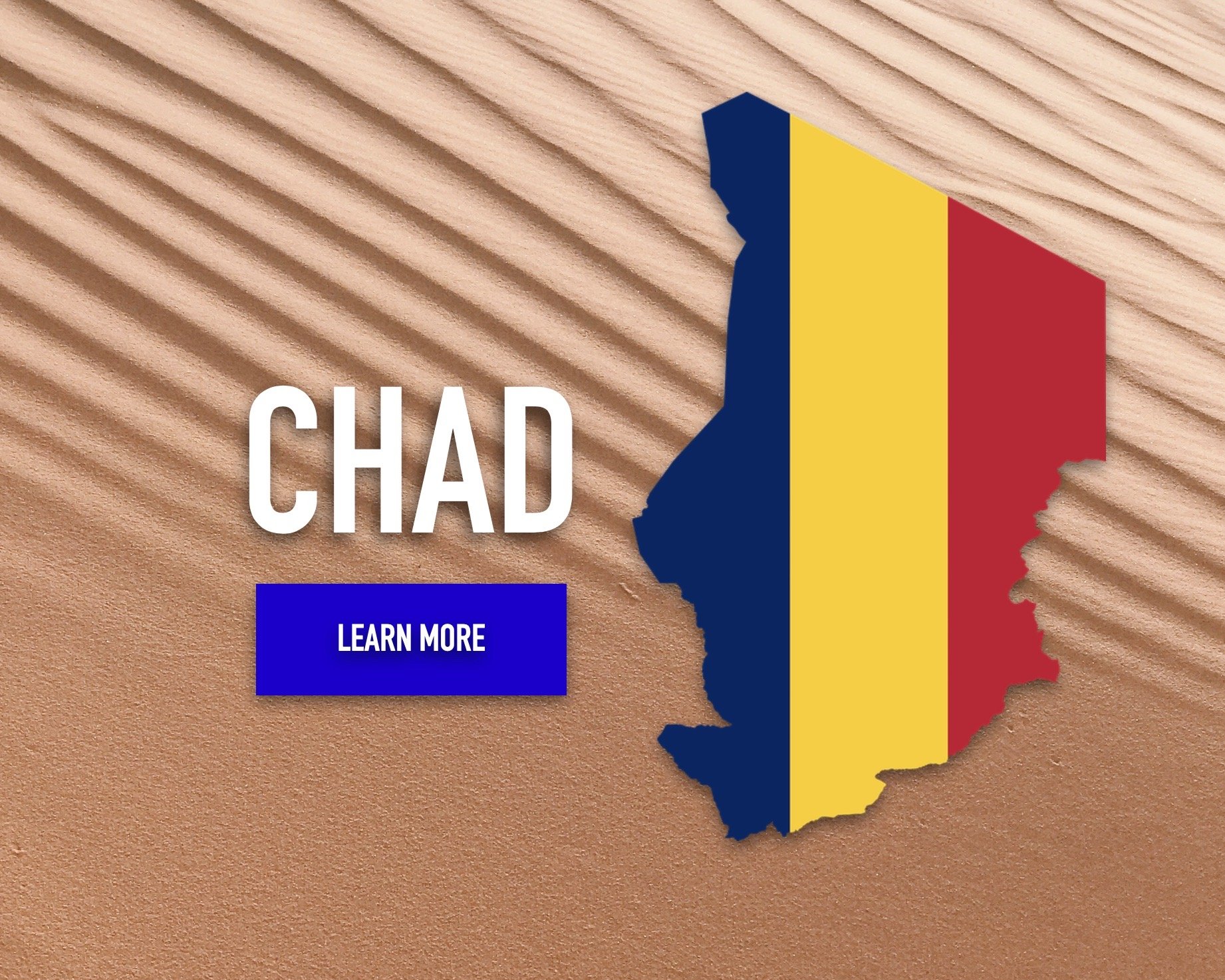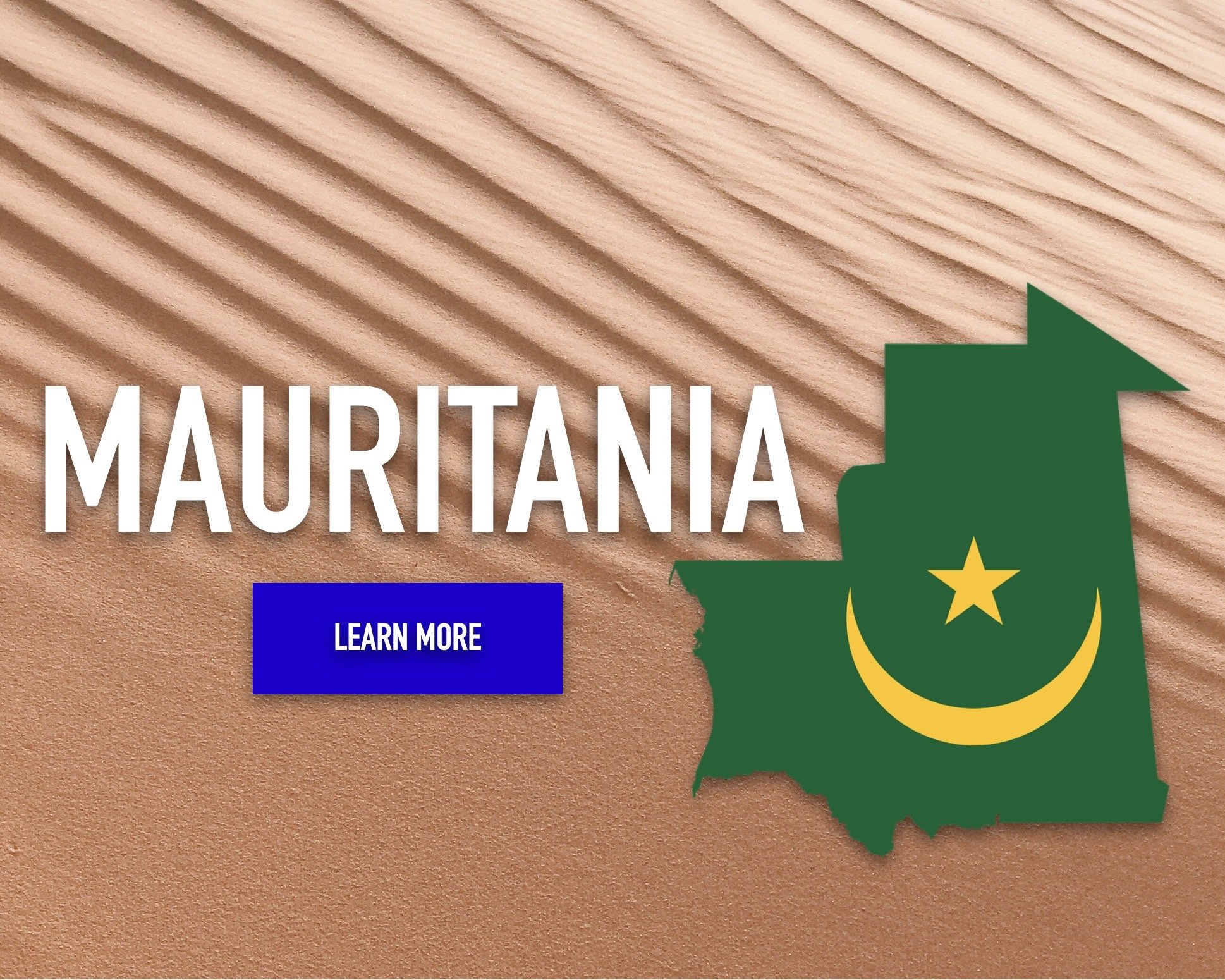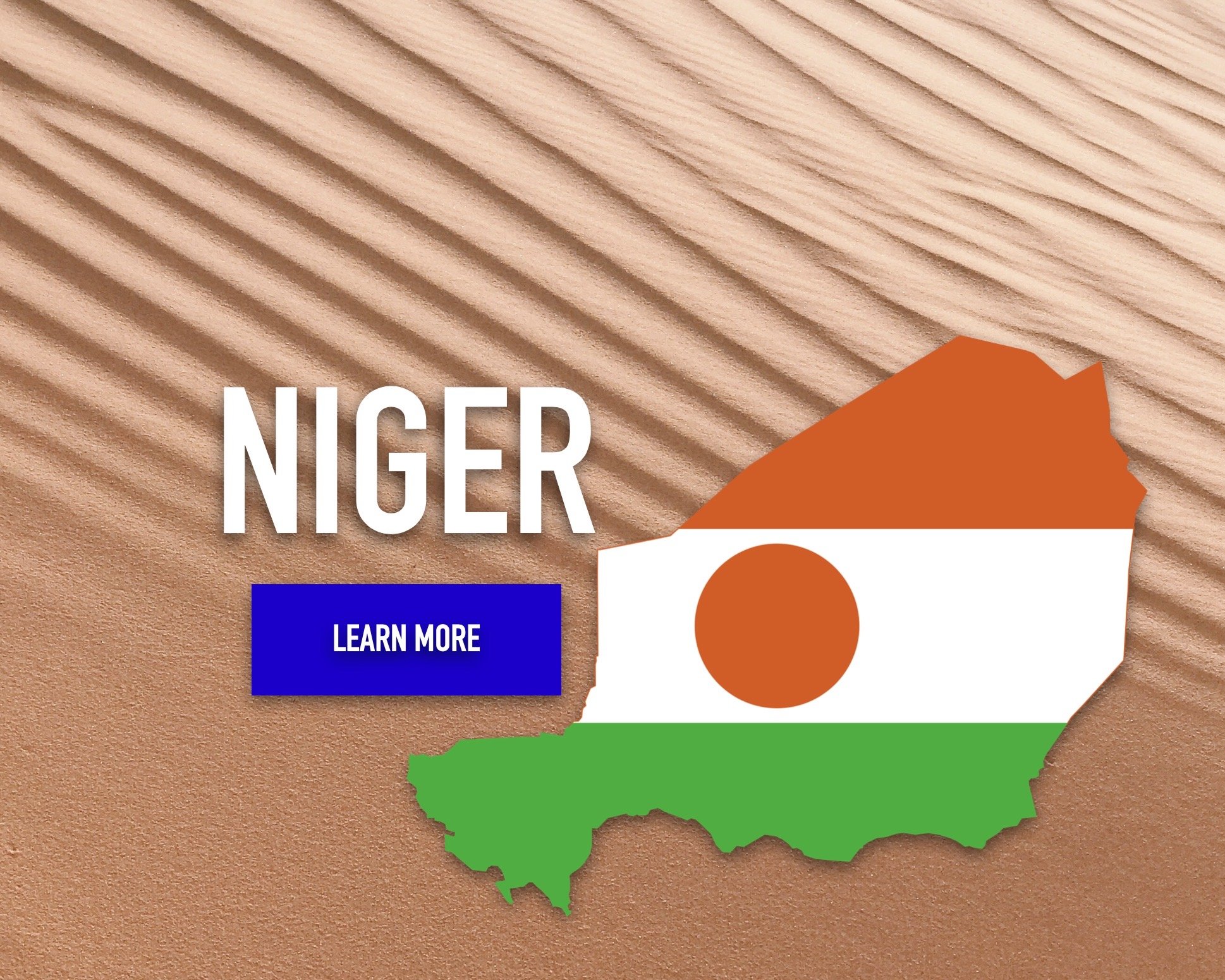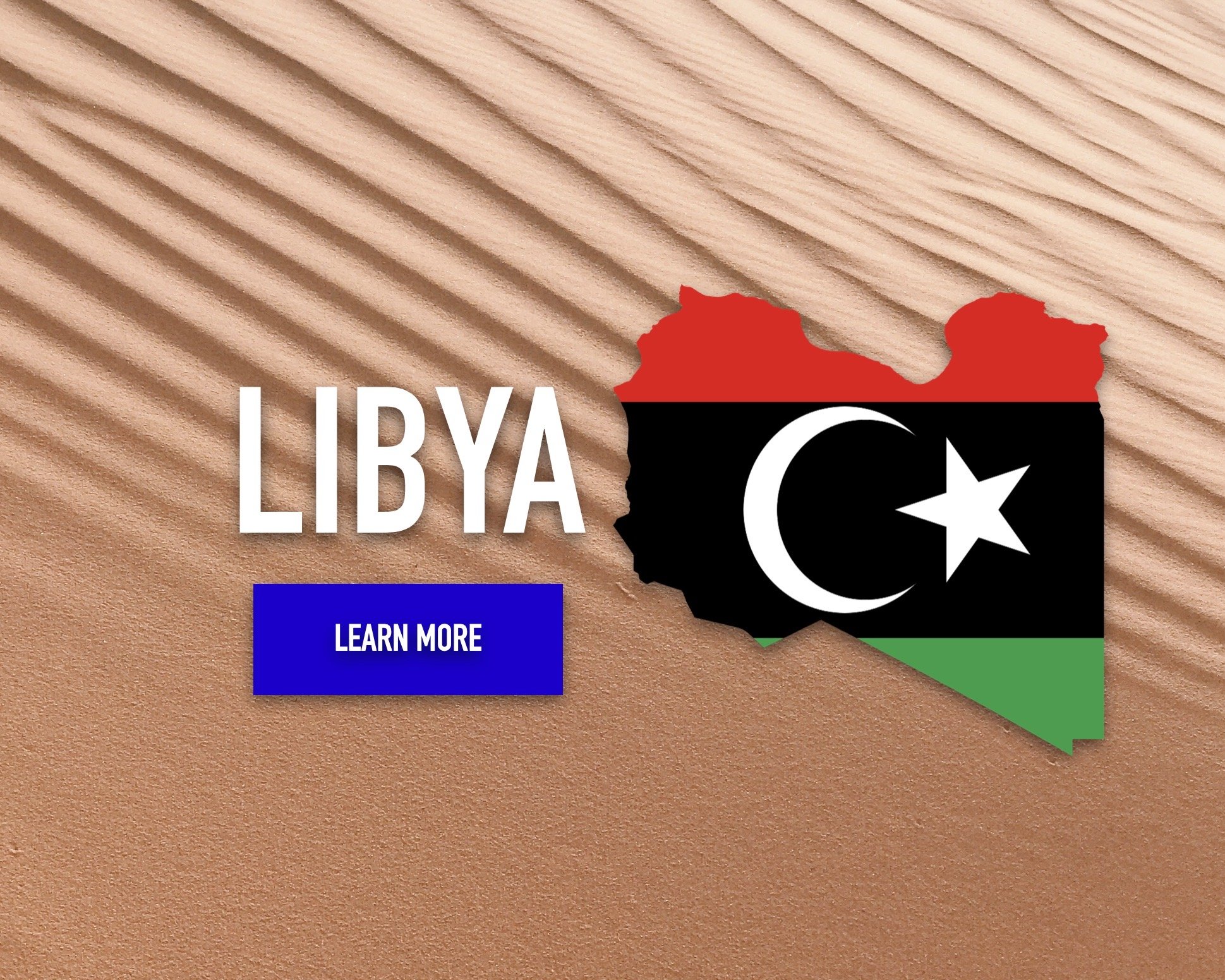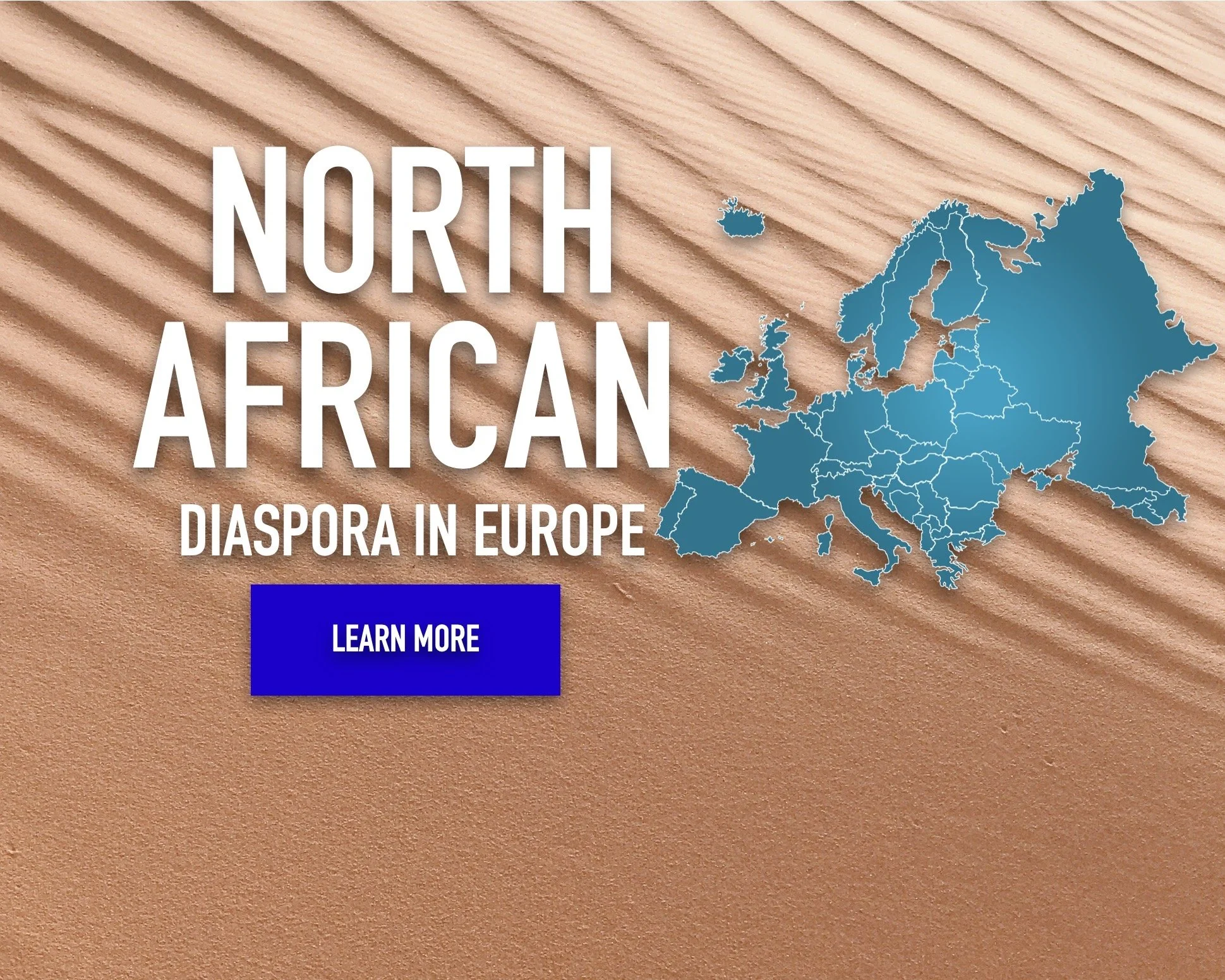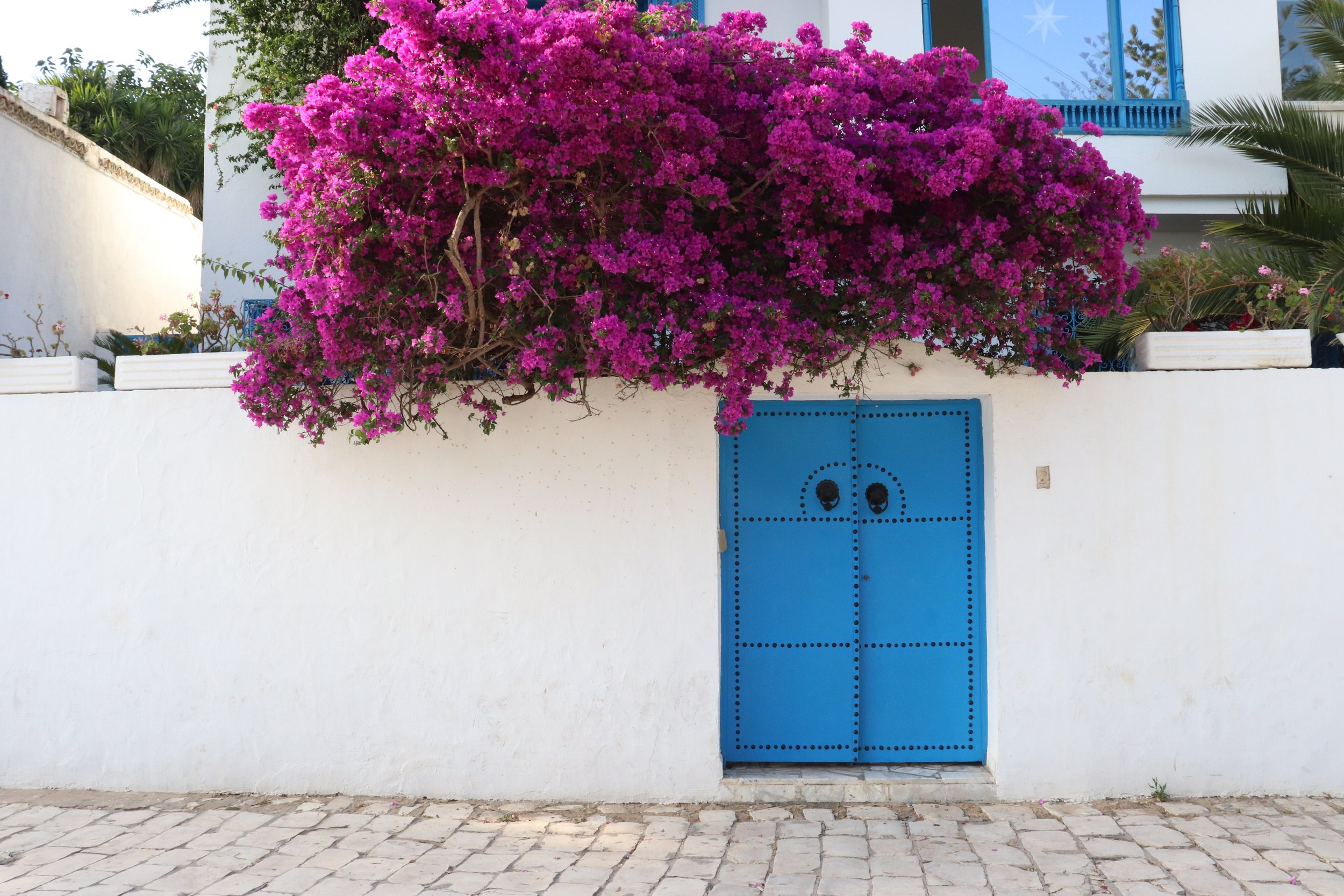
Tunisia
Tunisia
Known for its beautiful doors, Tunisia is a strategic country that acts as the doorway for ideas to enter North Africa.
The peoples of Tunisia are diverse, unique, and creative. This beautiful part of the culture creates an open door in many cities for creative and artistic ministry approaches. The physical landscape of Tunisia includes Mediterranean coastlines, beautiful mountains, the Sahara desert, and the northern tip of Africa.
This nation is the perfect place to cry out to God and intercede for the Gospel to transform the continent of Africa.
Pray that Tunisia would indeed be an open door for the gospel to enter North Africa.
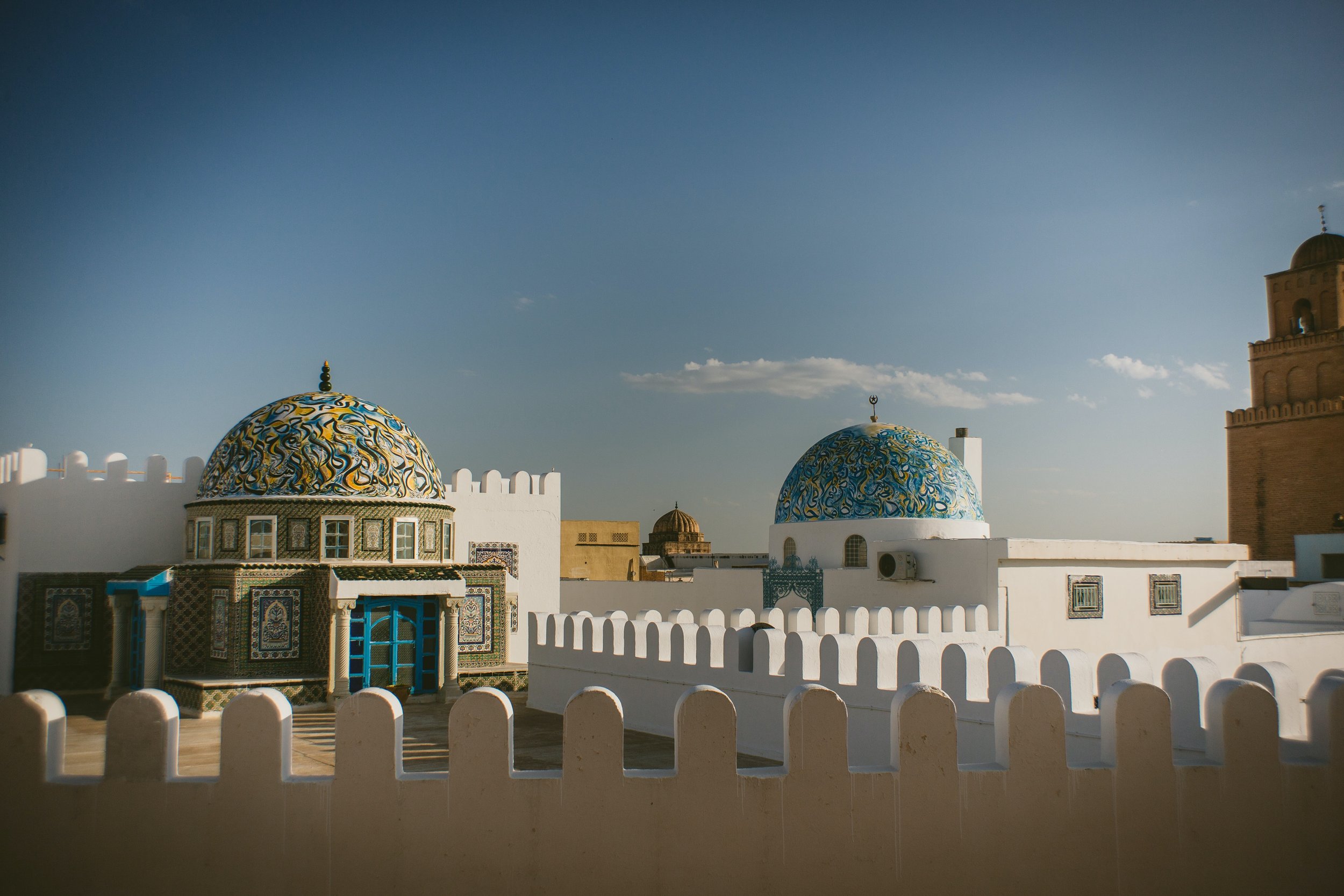
HOW IS GOD CALLING YOU TO BE PART OF WHAT HE IS DOING IN Tunisia?
Whether you want to send your outreach team, visit for yourself, or adopt Morocco in prayer, let us know how we can help you take the next steps on your journey!
Please reach out for more information on travel opportunities, how to pray, or just to say hi.
Pray Now!
The flag of the Tunisian Republic is washed in red to represent the blood shed by martyrs in the struggle against oppression, a struggle that continues today for Christians in this northern African nation. Tunisia has long been considered a restricted nation, one that does not allow the spread of the Gospel, and the government is further grounding itself in Islam. In 2010 a fruit vender named Mohamed Bouazizi set himself on fire to protest his lack of opportunity in the repressive nation divided into police states. This began the Jasmine Revolution that resulted in the demise of the authoritarian president. In October 2011, the first free election was held and the Islamist party Ennahda came into power. This has made many uneasy as the role of Islam in public life is becoming more prominent.
The Tunisian economy plummeted with the political turmoil in 2011, resulting in high unemployment rates in some areas of the nation. The new government was left with the task of stabilizing the broken economy. As a result of the revolution and newly installed government, new press freedoms have been authorized; media companies are not as tightly under the government's control as before. Women have always had advanced rights compared to other Muslim nations, as polygamy, for example, is illegal; however, divorce and abuse are still prevalent in society.
There are an estimated 13,000 Christians in Tunisia, barely one quarter of one percent of the population, and most of these are non-Tunisian. Nearly a third do not congregate with other believers as they live far from one another. Christians face persecution from family and friends, and following Jesus risks their jobs, social stature, and pressure from authorities. Persecution has increased since the revolution, and several church leaders have left the nation due to threats. Without these leaders, evangelism and discipleship are becoming increasingly difficult. Of the 23 people groups in Tunisia, 14 have never heard the Good News. Christian literature cannot be openly distributed, but Christian media has been blossoming as a result of the press freedoms.
